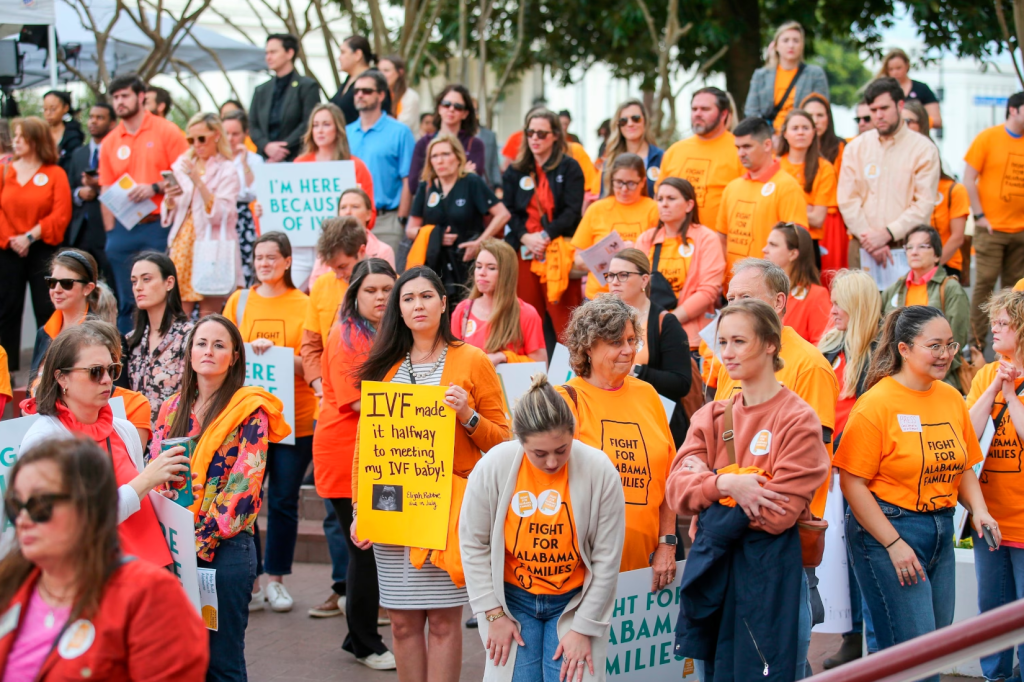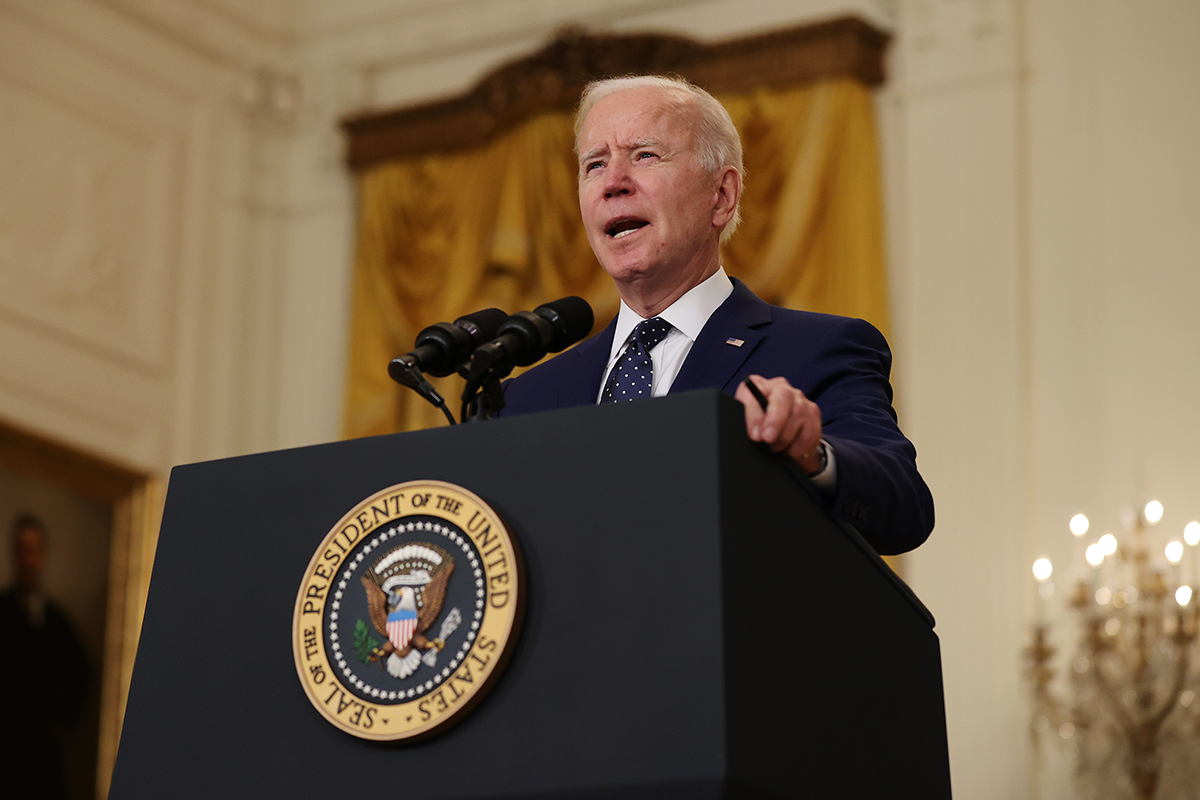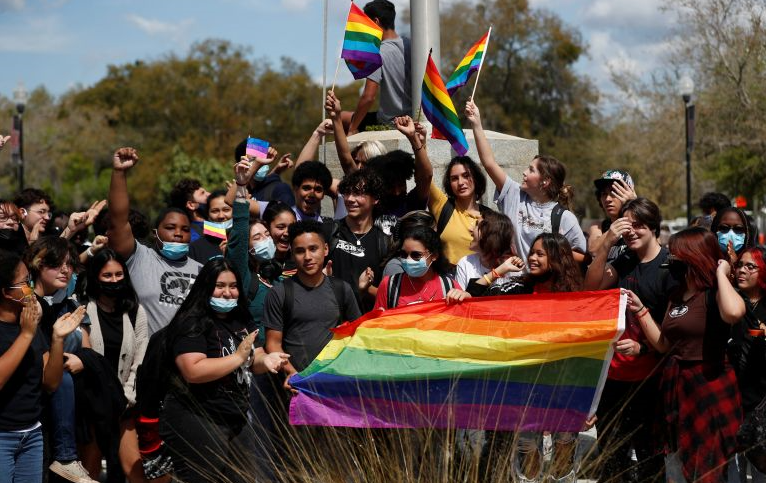The recent Alabama Supreme Court decision classifying frozen embryos as children has sent shockwaves through the state, raising concerns about the future of In Vitro Fertilization (IVF) and impacting healthcare providers and hopeful parents alike. This article explores the ongoing developments surrounding this controversial ruling and its broad-reaching consequences.
Legislative Efforts to Protect IVF Providers
In response to the court’s decision, both the Alabama House and Senate have introduced bills aimed at safeguarding individuals and entities involved in providing IVF services:
- Senate Bill 159: Introduced by Senator Tim Melson, this bill proposes to grant civil and criminal immunity to individuals and organizations involved in IVF procedures, except for intentional acts outside the scope of such services.
- House Bill 237: Sponsored by Representative Terri Collins, this bill mirrors provisions of Senator Melson’s legislation, offering similar immunity to providers while also including a retroactive component and an expiration date in June 2025.

Crucially, neither bill addresses the specific timeframe at which an embryo is considered an unborn child, leaving legal ambiguities surrounding the interpretation of the court’s ruling.
Stalled Legislation in Florida
Florida’s proposed bill aiming to define a fetus as an “unborn child” and expanding wrongful death lawsuits for such entities has been temporarily halted. Critics argue the broad language could lead to unintended consequences, potentially enabling lawsuits against healthcare providers involved in abortion procedures. The future of this bill in the current legislative session remains unclear.
HHS Secretary Meets with Impacted Individuals
US Health and Human Services Secretary Xavier Becerra met with individuals and healthcare workers directly affected by the IVF ruling in Alabama. He emphasized the confusion and uncertainty created by the decision, particularly in light of the national debate surrounding abortion following the overturning of Roe v. Wade. Becerra also highlighted proposed federal legislation that could potentially restrict access to IVF by defining “human being” to include all stages of life, including the moment of conception, without exceptions for IVF procedures.
Texas Governor Offers Limited Support for IVF
Texas Governor Greg Abbott voiced support for IVF while refraining from explicitly advocating for legislation to secure its accessibility in the state. However, he stopped short of urging the Texas legislature to enact specific laws protecting access to IVF.
A Personal Story: The Urgency for Action
Alabama resident Gabby Goidel, facing fertility challenges, shared her experience of rushing to a Texas clinic to pursue IVF services after her local clinic suspended operations due to the legal uncertainty. Her story highlights the emotional and logistical difficulties associated with pursuing treatment while facing time constraints and additional stress caused by the legal ambiguity.
Understanding the Context: The Alabama Supreme Court Ruling
The recent legal turmoil stems from lawsuits filed by couples who underwent IVF and later opted to have their unused embryos frozen. They sued a fertility clinic for alleged negligence in handling the embryos, leading to their destruction. The Alabama Supreme Court ruled that embryos, regardless of their location (inside or outside a uterus), qualify as children and are therefore protected under the state’s Wrongful Death of a Minor Act. This decision has raised concerns among healthcare professionals regarding potential legal liability for damage or loss of embryos during various stages of the IVF process. Consequently, at least three fertility clinics in Alabama have halted specific IVF services, citing legal uncertainties and potential risks for both patients and personnel.
Looking Ahead: Unresolved Questions and Uncertainties
The Alabama Supreme Court ruling and its ensuing developments present a complex scenario with far-reaching consequences. While both legislative efforts aim to protect IVF providers, the lack of clarity regarding the legal status of embryos leaves uncertainty for patients and healthcare professionals alike. Additionally, the broader national debate surrounding abortion rights adds another layer of complexity to the issue. As the situation unfolds, it remains to be seen how these developments will ultimately impact access to IVF in Alabama and beyond.




